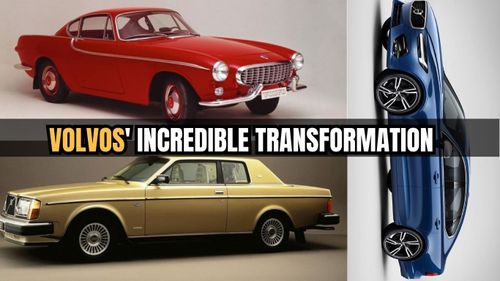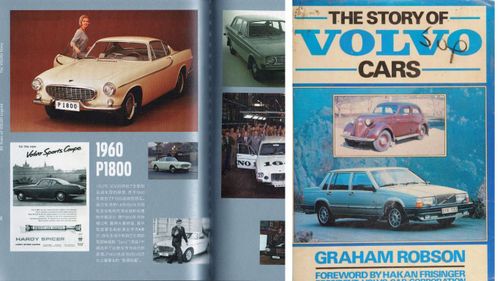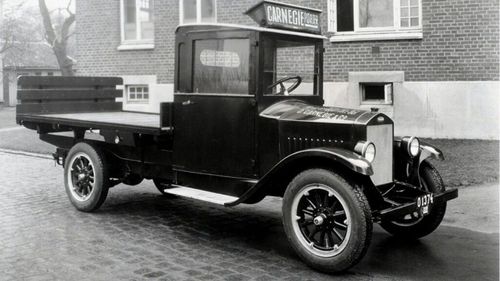Volvo: A Journey from Ball Bearings to Luxury Cars
By Mohit Kumar

3567 Views
"Discover Volvo's transformation from producing ball bearings to manufacturing top-tier luxury cars. Explore their journey and legacy in this captivating read."

Volvo, the Swedish automaker, is known for its reputation for safety and durability, but the brand has come a long way from its humble beginnings as a manufacturer of ball bearings. Over the years, the company has evolved and expanded to become one of the world's leading manufacturers of luxury cars, trucks, buses, and construction equipment.
The company was founded in 1927 in Gothenburg, Sweden, by Assar Gabrielsson and Gustav Larson. The name "Volvo" comes from the Latin word for "I roll," which was intended to represent the company's mission of creating reliable and durable cars that could easily move people and goods.

In the early years, Volvo produced trucks, buses, and cars for the Swedish market, but it wasn't until 1956 that the company started exporting cars to the United States. The first model to be exported was the PV444, a small sedan that was popular in Europe. In the years that followed, Volvo continued to expand its product line and export to new markets around the world.
However, it was in the 1970s that Volvo truly became known for its safety features. In 1972, the company introduced the 240 series, which featured a reinforced roof and crumple zones to protect passengers in the event of an accident. In 1974, Volvo became the first automaker to offer seat belts as standard equipment on all models.
Volvo's commitment to safety continued throughout the decades, and in 1991, the company introduced the SIPS (Side Impact Protection System) on the 850 models. This system provided additional protection for passengers in the event of a side-impact collision.

In addition to safety, Volvo has always been known for its durability. The company's cars were designed to withstand the harsh Scandinavian climate and rough terrain, and this focus on durability helped to build the company's reputation for quality and reliability.
In the 1990s, Volvo began to expand its product line to include luxury cars. The company introduced the S80 sedan in 1998, which was designed to compete with other luxury brands such as BMW and Mercedes-Benz. The S80 was followed by the XC90 SUV in 2002, which was an instant success and helped to establish Volvo as a serious contender in the luxury car market.
Today, Volvo is known for its commitment to safety, sustainability, and innovation. In recent years, the company has introduced several new technologies, such as the City Safety system, which can automatically apply the brakes to avoid a collision, and the Pilot Assist system, which uses cameras and sensors to help the driver maintain a safe distance from other vehicles on the road.
In addition to its cars, Volvo also produces trucks, buses, and construction equipment. The company's trucks are used for a variety of purposes, including long-haul transportation, construction, and mining. Volvo's buses are used in cities around the world, and the company has been a leader in developing hybrid and electric buses.
Overall, Volvo's journey from ball bearings to luxury cars is a testament to the company's commitment to quality, durability, and innovation. While the company has evolved and expanded over the years, its focus on safety and reliability has remained constant, and this has helped to build a loyal following of customers around the world.
If you are interested to read more such stories then check out the Legacy of Citroen